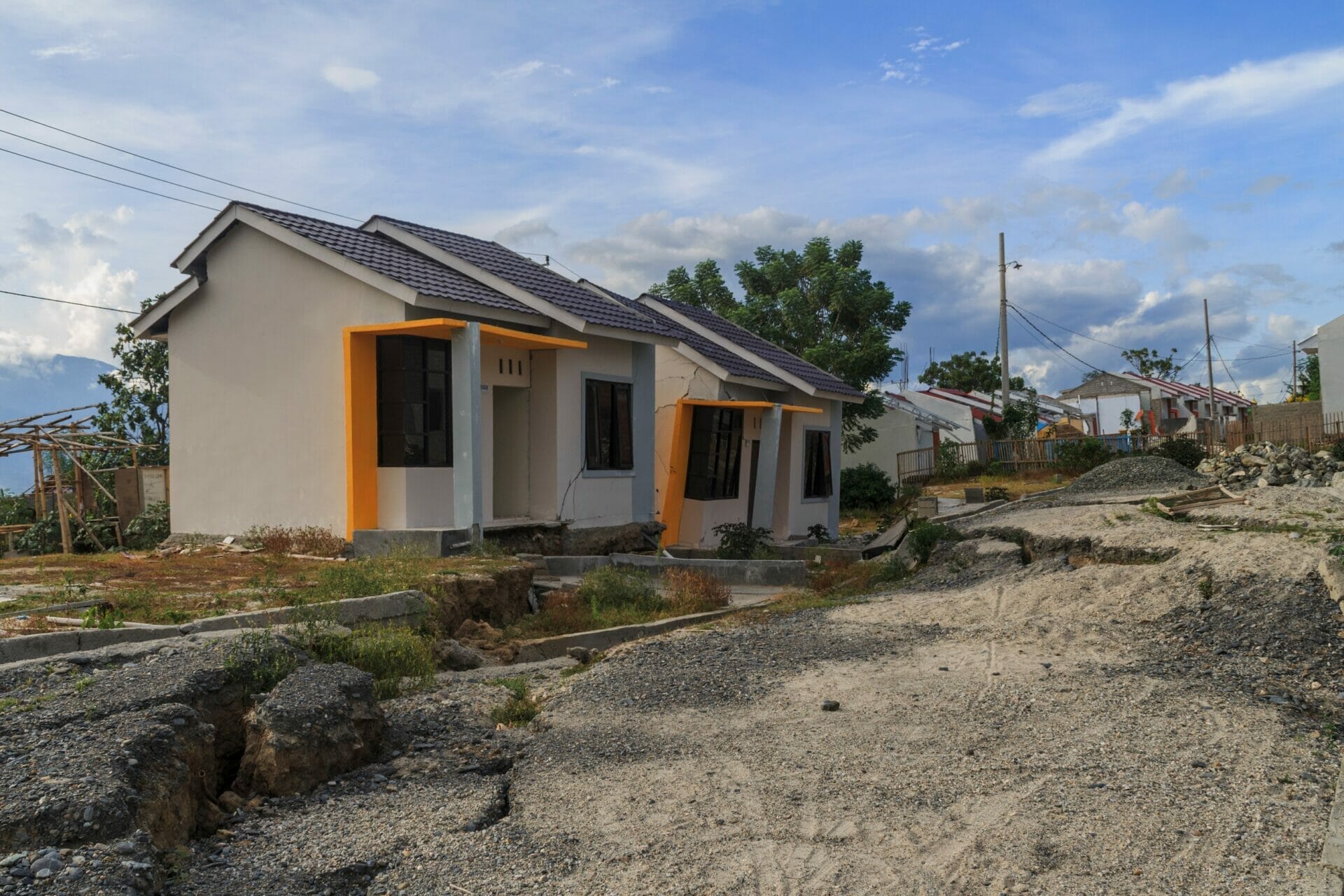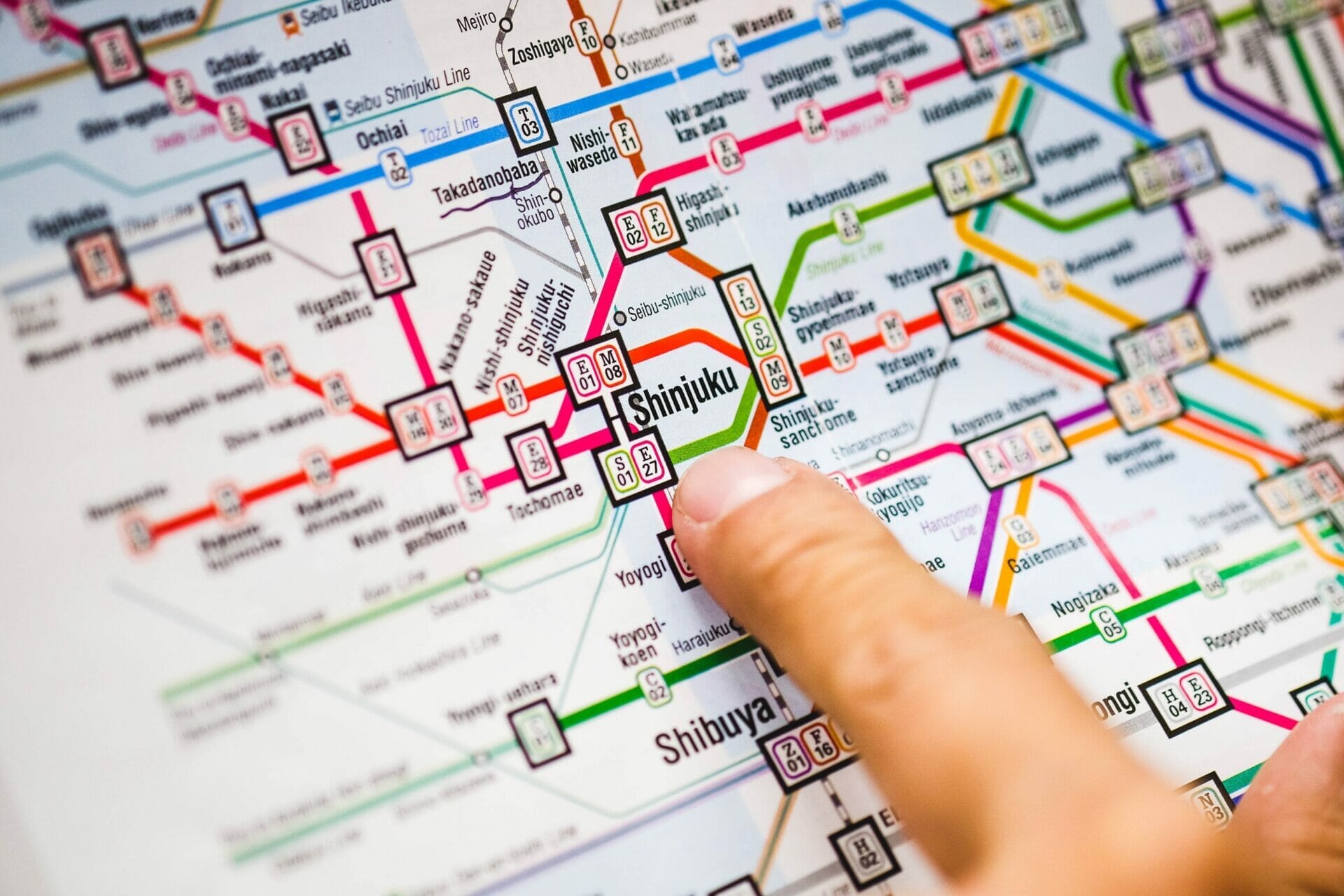大きな地震のあとは何度も地震が続きますね。それを余震と呼んでいますが、東北エリアの大地震の影響でいろいろなことが起こりました。
「余震」「津波」「液状化現象」などです。これらは英語ではどのように言うのでしょうか。
タツヤが友人のパールと地震について話をしています。さっそくその会話を覗いてみましょう。
★会話★
Tatsuya and Pearl are talking.
Tatsuya: Did you know a lot of things occurred because of the big earthquake?
Pearl: Well, what are they?
Tatsuya: For example, we had many earthquakes after the big one.
Those are called aftershocks.
Pearl: We had several aftershocks yesterday.
Tatsuya: Yeah, that’s it.
And the big earthquake sometimes occurs tsunami.
After the Great East Japan Earthquake, many houses were hit by tsunami.
Pearl: Yes, I know that.
So many people were dead.
Tatsuya: Do you know about the ground liquefaction?
Pearl: What is that?
Tatsuya: When the ground is swung, it becomes like liquid.
So some people were less able to live there.
Pearl: In any case, those are very tragic things.
★ワンポイント★
occur:「起こる」「発生する」
because of~:「~のために」「~のせいで」
for example:「たとえば」
aftershock:「余震」
several:「数個の」manyほどではない回数。
that’s it:「まさにそれだ」
Great East Japan Earthquake:「東日本大震災」
hit:「襲う」
be dead:「死んでいる」
ground:「地盤」
liquefaction:「液状化」
swung:swingの過去・過去分詞形。ここでは過去分詞形。
like~:「~のように」
liquid:「液体」
be less able to~:「~することができなくなる」
tragic:「悲惨な」

★和訳★
Tatsuya and Pearl are talking.
タツヤとパールが話をしています。
Tatsuya: Did you know a lot of things occurred because of the big earthquake?
(大地震のせいでたくさんのことが起きたのを知っていた?)
Pearl: Well, what are they?(ええと、どんなこと?)
Tatsuya: For example, we had many earthquakes after the big one.
(たとえば、大地震の後たくさんの地震があったね。)
Those are called aftershocks.
(それらは、余震って呼ばれているんだ。)
Pearl: We had several aftershocks yesterday.
(昨日、何度か余震があったわね。)
Tatsuya: Yeah, that’s it.(そう、それ。)
And the big earthquake sometimes occurs tsunami.
(それから、大きな地震は津波を引き起こすこともあるんだ。)
After the Great East Japan Earthquake, many houses were hit by tsunami.
(東日本大震災の後、たくさんの家が津波の被害を受けたんだ。)
Pearl: Yes, I know that.(そうね、知っているわ。)
So many people were dead.(たくさんの人たちが亡くなったのよね。)
Tatsuya: Do you know about the ground liquefaction?
(地盤液状化というのを知っている?)
Pearl: What is that?(それ何?)
Tatsuya: When the ground is swung, it becomes like liquid.
(地面が揺れると、液体のようになるんだ。)
So some people were less able to live there.
(だから、そこに住めなくなった人もいる。)
Pearl: In any case, those are very tragic things.
(とにかく、悲惨なことだわ。)



